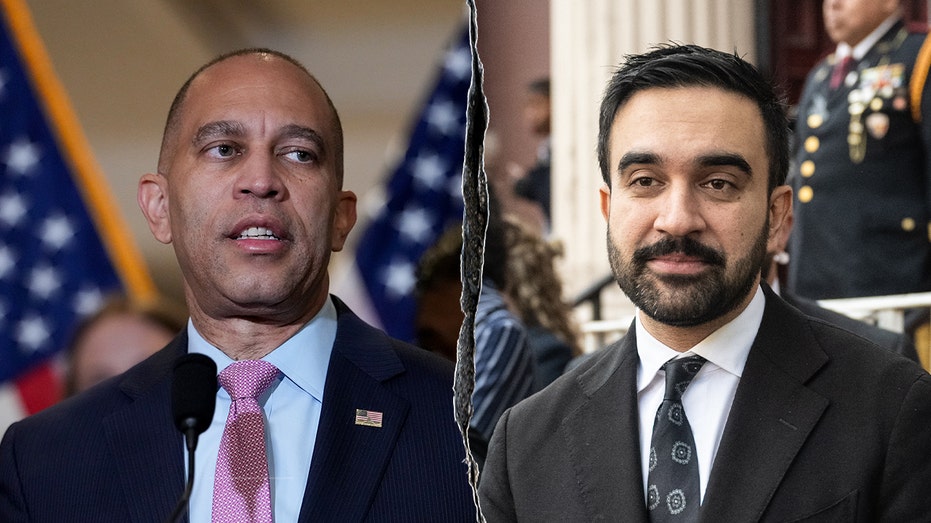A surprising dynamic unfolded within the Supreme Court, as Justices Amy Barrett and Sonia Sotomayor jointly pressed a lawyer representing Donald Trump regarding the extent of presidential power over tariffs. The unusual pairing signaled a deep scrutiny of the legal arguments presented, hinting at potential challenges to executive authority in trade policy.
Following recent election results, Donald Trump offered pointed commentary, suggesting that victories are readily achievable for those who focus on presenting factual information. The remarks appeared directed at Republicans who failed to secure seats, subtly questioning their campaign strategies and messaging.
Senator J.D. Vance delivered a candid assessment of the Republican Party’s path forward, emphasizing the critical need to address economic affordability for voters. He warned that failure to prioritize this issue could lead to significant losses in the 2026 elections, highlighting a potential disconnect with working-class concerns.
A vulnerable House Democrat publicly criticized the progressive wing of the party, signaling a growing internal rift and a strategic realignment ahead of the 2026 midterms. The representative’s comments underscored concerns about the appeal of more radical policies in key districts.
The Pentagon is facing mounting criticism from both sides of the aisle in Congress due to perceived shortcomings in communication. Lawmakers expressed frustration over a lack of transparency and responsiveness regarding crucial defense matters, raising questions about accountability.
Senator Bernie Sanders dramatically interrupted a press conference led by Senator Chuck Schumer, launching a direct critique of the Democratic Party’s leadership. The unexpected move highlighted ongoing tensions within the party regarding its direction and priorities.
Buoyed by recent electoral successes, Senate Democrats are adopting a more assertive stance in ongoing negotiations regarding a potential government shutdown. The party appears emboldened to leverage its position and push for its legislative agenda.
Texas voters overwhelmingly approved a constitutional amendment explicitly prohibiting non-citizens from voting in elections. The measure aimed to reinforce existing laws and address concerns about election integrity, solidifying the state’s stance on voter eligibility.
A late surge of support propelled Democratic candidates to unexpected victories across Virginia, particularly in suburban and coastal regions. The success of candidates like Jay Jones demonstrated a shift in voter preferences and a potential realignment of the state’s political landscape.
A federal complaint has been filed against a prominent university, alleging that its Diversity, Equity, and Inclusion (DEI) agenda creates an unsafe and unlawful environment. The complaint calls for a thorough investigation into the university’s policies and practices.
Jewish organizations issued a post-election warning to Representative Jamaal Bowman as he prepares to take on a leadership role in New York City. The concerns stemmed from his past statements and positions on issues related to Israel and antisemitism.
Alexander Soros, heir to the billionaire George Soros, publicly celebrated Jamaal Bowman’s election victory with a photograph taken from a luxurious penthouse. The image sparked debate about wealth, influence, and the role of money in politics.
Jamaal Bowman’s victory speech raised eyebrows with a pledge to tackle “no problem too large for government to solve.” Critics interpreted the statement as an indication of an expansive and potentially interventionist approach to governance.






![NATION IN CRISIS: Victor's SHOCKING Warning About Life Itself! [VIDEO]](https://www.thegatewaypundit.com/wp-content/uploads/2025/11/victor-reacts-42-1200x630.png)